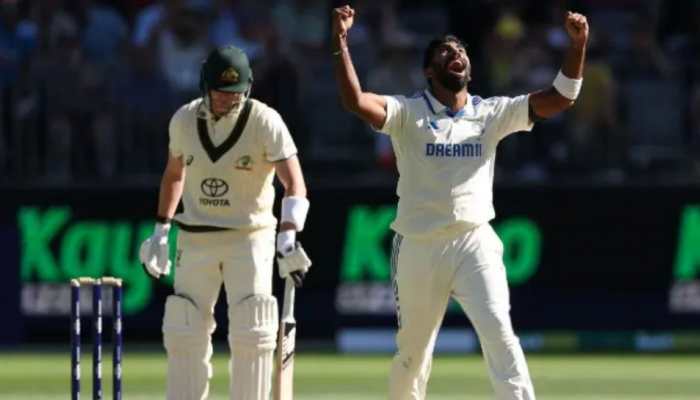Pakistan elections: Historic or dud? It now lies in the hands of the Pakistan Army
Will this Pakistan election become the third time that a civilian government hands over power to another?
Trending Photos
) File picture. (Radio Pakistan)
File picture. (Radio Pakistan) The Pakistan Army has insisted that it has no direct role to play in Wednesday's elections that could either prove historic or turn into a shadow-controlled dud. The Election Commission of Pakistan has given wide ranging powers to Army personnel on election duty. All this, with the growing number of voices who are crying foul over the Army allegedly favouring cricketer-turned-politician Imran Khan in the polls.
There has already been a clampdown on the media, with leading news channel Geo TV reportedly pulled off the air for a few days. The channel is allegedly still not visible in most parts of the country. The respected English daily Dawn too was read the riot act by what is termed in Pakistan as the 'establishment'.
The Pakistan military spokesperson may be making the rounds to insist to anyone willing to listen that the Army will have no direct role to play in the elections. But that seems like mere lip service when considered that the Army will deploy four times more personnel on election duty than it did in the last elections in 2013. The security situation during the last polls was markedly worse, with forces such as the Tehreek-i-Taliban Pakistan (TTP) carrying out attacks with impunity.
However, one way to make sense of the increased deployment are the sweeping powers that have been given to Pakistan Army officers on poll duty. If the security personnel 'feel' that the civilian election officials are not taking action for any perceived 'irregularity' or 'malpractice', the Army officer has been given the power to take action of his choice. This includes the power to hold on-the-spot trials and hand people punishments and fines.
The Army has been facing allegations that it is out to rig the elections, and the 'establishment' has denied this. But would there be a need to rig an election if you can prevent certain voters from exercising their franchise.
The veneer of due process has been met with scepticism from both the political parties fighting the election and from foreign observers. The questions that have been raised invariably revolve around the need to give such a hands-on role to an organisation that has found itself allergic to the idea of democratically elected governments for an overwhelming majority of Pakistan's history.
Needless to say, the analogy of putting the drunk in charge of the store room of whiskey comes to mind.
And all of this so far has just been about the process of conducting the election. The ruling Pakistan Muslim League-Nawaz (PML-N) and its nemesis Pakistan People's Party (PPP) have found themselves singing the same song - the Army is throwing its weight behind Imran Khan and his Pakistan Tehreek-i-Insaf (PTI).
As a counter, Khan has gone out of his way to show off all the times he has been critical of the Army in his bid to paint an image of a candidate the Army would not support.
Khan is hardly the Army's ideal puppet candidate, being too shoot-from-the-hip for even the misadventure-prone Pakistan Army. But if he does emerge in front of the PML-N or PPP in what is being seen as a too-close-to-call election, he could just be weak enough to have his strings handled from Army HQ.
In any case, Wednesday's polling will be followed immediately by the results. And by 2 am or so, both the result and the politicians' dismissal of the results can be expected to be made public.
There has been little discordant noise in the Pakistani media. Of course, how could any criticism be expected when the 'establishment' has cracked down on. Little wonder then that Pakistan's politicians are blaming the Indian media for raising questions over the election.
Stay informed on all the latest news, real-time breaking news updates, and follow all the important headlines in india news and world News on Zee News.
Live Tv







)
)
)
)
)
)
)
)
)
)
